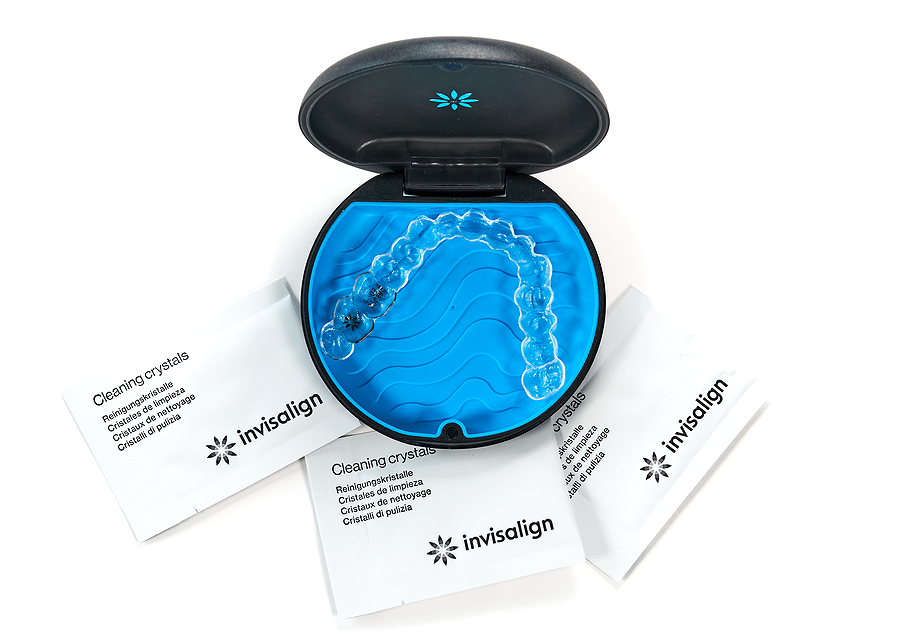EMAIL OR CALL: (212) 979-0990
The Role of Dental Crowns in Restorative Dentistry: More Than Just a Cosmetic Fix
Posted by David Gitlin Feb 19, 2025

When it comes to maintaining a healthy smile, dental crowns often take center stage in restorative dentistry. These versatile fixtures are more than just a pretty face; they play a crucial role in safeguarding teeth that have suffered damage or decay. If you’ve ever wondered how crowns can transform your dental health while boosting your confidence, you're not alone. In bustling cities like New York, NY, the demand for effective and aesthetically pleasing dental solutions is higher than ever. Let’s dive into the world of dental crowns and discover their true significance beyond mere cosmetic appeal.
The Function and Purpose of Dental Crowns
Dental crowns serve multiple critical functions in restorative dentistry. They are designed to cover and protect damaged or decayed teeth, providing a sturdy outer layer that helps preserve the tooth's structure.
Beyond aesthetics, crowns restore functionality. Chewing and biting can become challenging when a tooth is compromised. A crown allows individuals to eat comfortably without worrying about further damage.
Additionally, dental crowns play a vital role in supporting adjacent teeth. When one tooth weakens, neighboring teeth may shift or bear extra stress. A crown stabilizes the area, maintaining alignment and preventing future complications.
Crowns also help with oral hygiene by sealing off exposed areas of decay from bacteria. This protective barrier aids in reducing the risk of additional cavities and infections while promoting better overall dental health.
Types of Dental Crowns
Dental crowns come in various materials, each with its unique advantages.
- Porcelain crowns are popular for their natural appearance, seamlessly blending with surrounding teeth. They’re an excellent choice for front teeth, where aesthetics matter most.
- Metal crowns offer superior strength and durability. Made from alloys like gold or platinum, they withstand significant chewing forces. These are often used for molars that require extra resilience.
- Ceramic crowns provide both beauty and durability. They mimic the color of natural teeth and resist wear well.
- Resin crowns are less common but can be a cost-effective solution. While they look good initially, they may not last as long as other types.
Each crown type serves specific needs based on location in the mouth and patient preferences. Understanding these options helps ensure optimal dental restoration outcomes. Contact us to learn more.
The Process of Getting a Dental Crown
Getting a dental crown involves several key steps that ensure a perfect fit and optimal function. First, your dentist will assess the damaged tooth, often using X-rays to gauge the extent of decay or damage.
Next comes tooth preparation. This step may require local anesthesia for comfort. The dentist shapes the existing tooth to make space for the crown while preserving as much healthy structure as possible.
Once prepared, impressions are taken—either digitally or with mold material—to create a custom crown tailored just for you. While waiting for your permanent crown, a temporary one is placed to protect your tooth.
When your new crown arrives from the lab, it’s time for fitting. Your dentist checks its shape and color before bonding it in place with strong dental cement. Each phase focuses on restoring both functionality and aesthetics effectively.
Benefits of Dental Crowns in Restorative Dentistry
Dental crowns offer a range of benefits that extend beyond aesthetics. They restore the strength and functionality of damaged teeth, allowing patients to chew more effectively without discomfort.
These durable caps help protect weak or decayed teeth from further harm. If you've experienced significant wear or trauma, a crown can provide the necessary support to maintain your natural tooth structure.
Crowns also play a vital role in improving oral health. By covering imperfections, they prevent bacteria from infiltrating compromised areas, reducing the risk of additional dental issues down the line.
Moreover, these restorations can resolve misalignment problems. When placed correctly, crowns contribute to overall bite harmony and improve jaw function.
In restorative dentistry, they are invaluable tools for enhancing both appearance and health—proving essential for those seeking long-lasting solutions in their dental care journey.
Conclusion: Importance of Properly Maintaining Dental Health for Overall Well-being
Maintaining dental health is crucial for overall well-being. Your mouth serves as a gateway to your body, and poor oral hygiene can lead not only to dental issues but also affect your general health. Regular check-ups with a dentist in New York, NY, can help catch problems early.
Dental crowns play an essential role in restorative dentistry by not just enhancing the appearance of teeth but also restoring their function. They protect weakened or damaged teeth from further deterioration and ensure that you maintain proper bite alignment.
Taking care of your dental crowns is equally important. Good oral hygiene practices like brushing twice daily and flossing regularly will help prolong the life of your crowns. Additionally, regular visits to your dentist will keep any potential concerns at bay.
Investing time in maintaining good dental habits ultimately supports better health outcomes and improves quality of life. Remember that every step taken towards better oral care contributes positively to both physical health and emotional confidence.
Visit L.E.S. Dental Group at 62 Rivington Street, New York, NY 10002, or call (212) 979-0990 to learn how dental crowns and bridges can help enhance your oral health.
More Blog Posts
Location
62 Rivington Street,
New York, NY 10002
Office Hours
MON - FRI10:00 am - 6:00 pm
SAT9:00 am - 4:00 pm
SUNClosed





